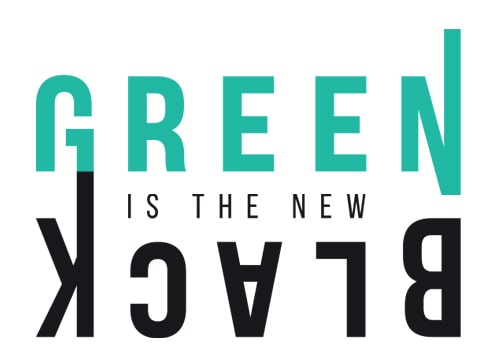
The Intergovernmental Panel on Climate Change (IPCC) has issued repeated warnings of the catastrophic consequences should the world exceed 1.5 degrees of warming. Although nearly 200 nations outlined plans to reduce emissions following the 2015 Paris Agreement, since then banks have done little to positively contribute. In fact, their continued financing of fossil fuels aligns instead with climate disaster.
WHAT:
Over the last four years, the world’s largest banks have pumped $2.7 trillion into fossil fuel firms. And if you are one of the millions of people who bank with them, they likely used your money to do it. If you have a current, checking, or savings account, credit card, pension, mortgage, or insurance products, you may inadvertently be funding fossil fuel expansion.
While some banks have taken steps to mitigate their impact by setting climate-friendly targets, the 2020 Banking on Finance report states that “overall major global banks have simply failed to set trajectories adequate for dealing with the climate crisis”. In other words, banks are failing to take responsibility and mitigate their climate impact.
WHY:
To meet the climate targets outlined in the Paris Agreement, by 2030 we must slash carbon emissions by 45% (below 2010 levels). And by 2050, net emissions must be at zero. But this is looking increasingly unlikely without concerted effort and immediate action by banks. Why? Because just 100 companies are responsible for 71% of global emissions. And it’s the banks that continue to fund them, acting as enablers to expand their presence globally.
HOW:
As consumers, we have more power than you may initially think. And divesting your money away from banks with questionable ethical and environmental policies is the first step. What does this mean? Basically: move your money.
Switching your bank is one of the easiest ways to start divesting your hard-earned cash away from fossil fuels and into businesses that align with your values. Triodos Bank is one of the world’s leading sustainable banks, while building societies and credit unions are also typically ‘cleaner’ than larger financial institutions. App-based banks like Monzo and Starling are also worth exploring.
Once you’ve taken that step, it’s worth exploring the rest of the financial products you hold, like mortgages, pensions, savings, and so on. Read our article on how to divest your money for an in-depth look into how you can go about doing this.
RESOURCES:
Read:
The Banking on Finance 2020 report.
This article on how to divest your personal funds
Websites:
Your Ethical Money: rates banks on eight factors including their environmental impact, human rights and female representation on their boards with a traffic light system, making it easy to see which lenders are most aligned with your values.
Make My Money Matter: a website creating a movement calling for the trillions of pounds invested in UK pensions to build a better world
#LittleGreenSteps:
– Use this letter toolkit created by the Rainforest Action Network to contact JP Morgan (the world’s worst offending bank when it comes to investing in fossil fuels) demanding action. You can also use the template and adapt it for your own personal bank.
– Use this letter template created by The Guardian to contact your pension fund asking for clarification surrounding how they are investing your money.
– Explore the alternative, greener options to your current bank account and make the switch.
– Write to your bank telling them exactly why you are moving away from their services.

